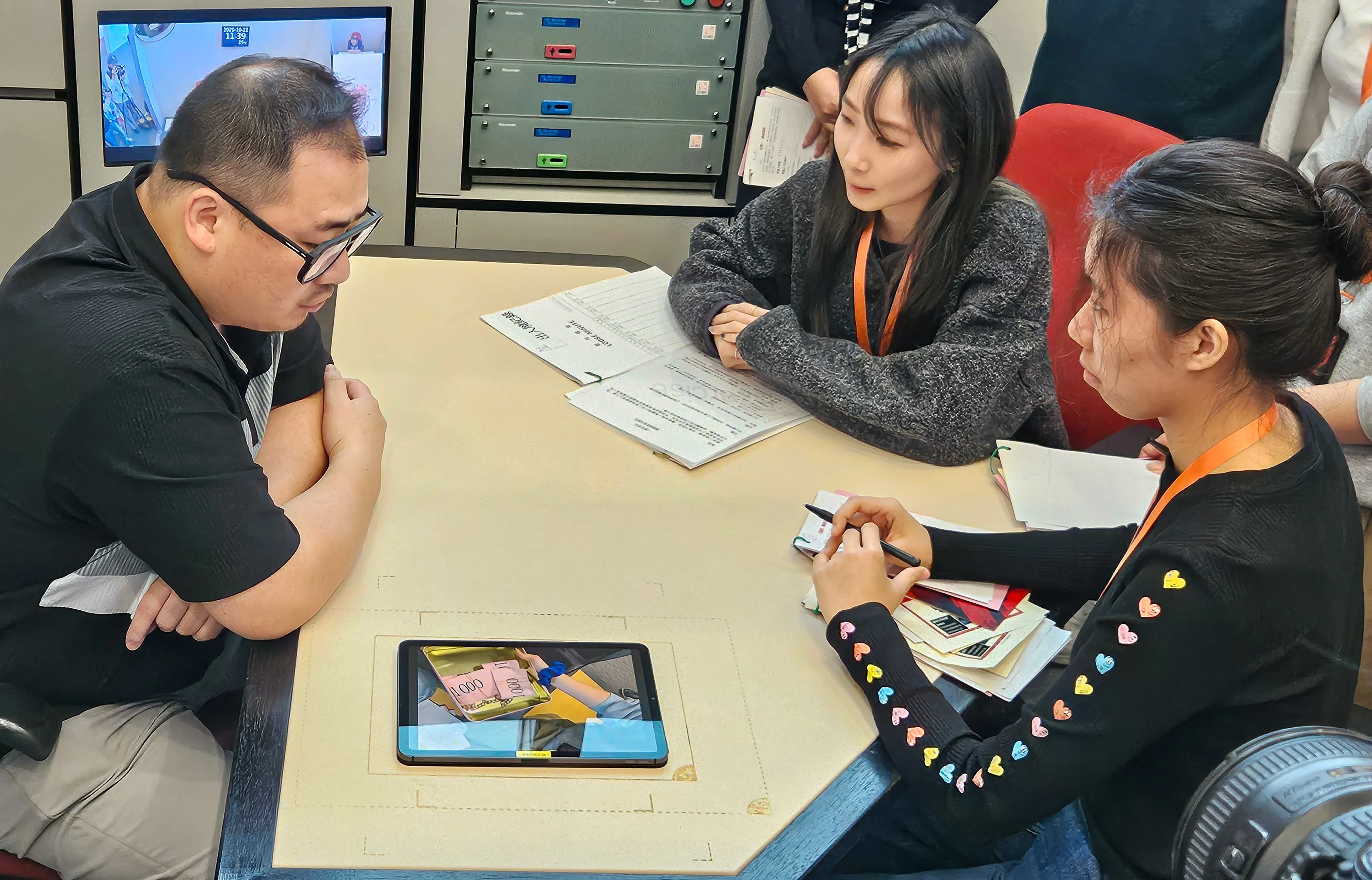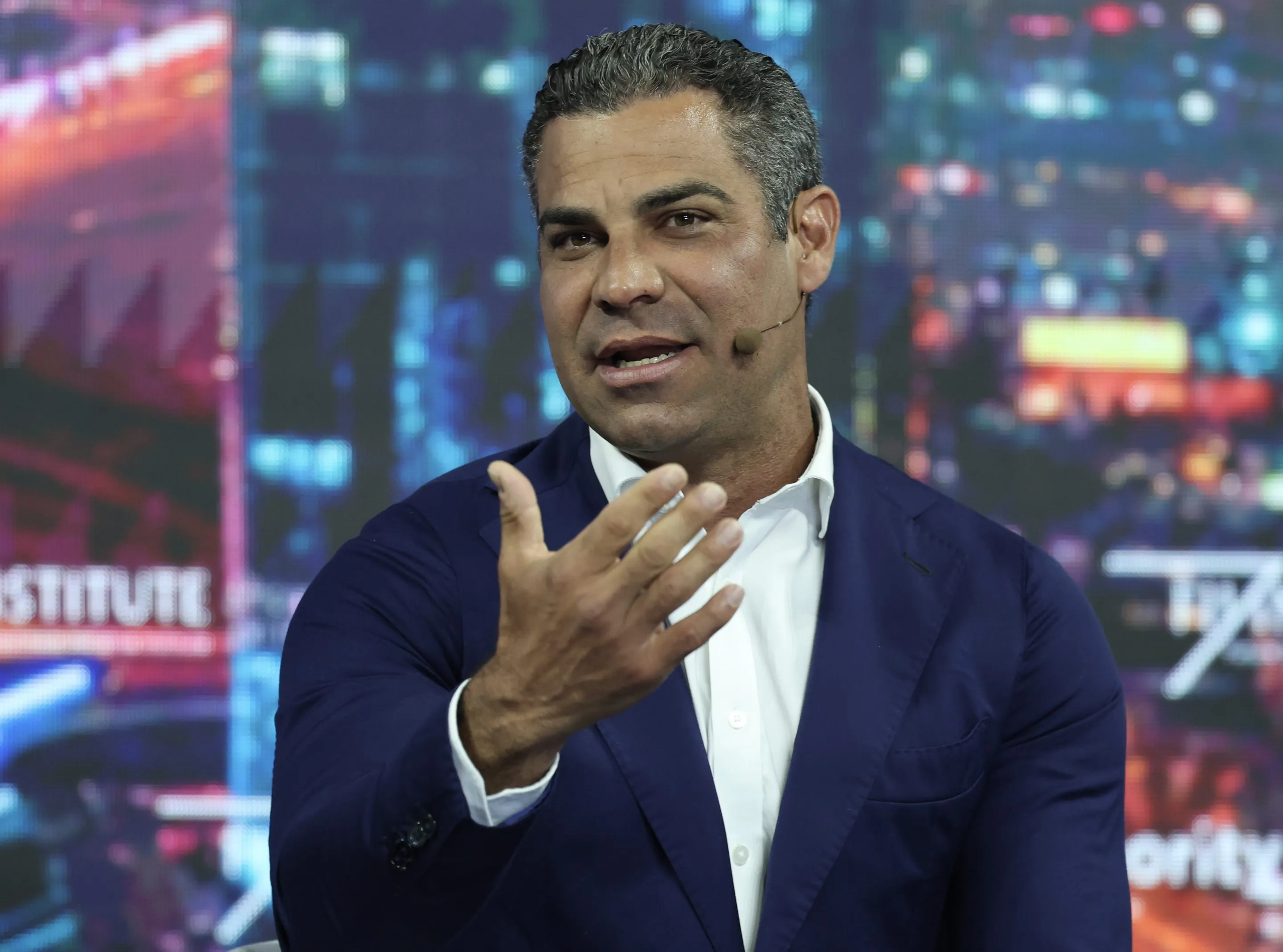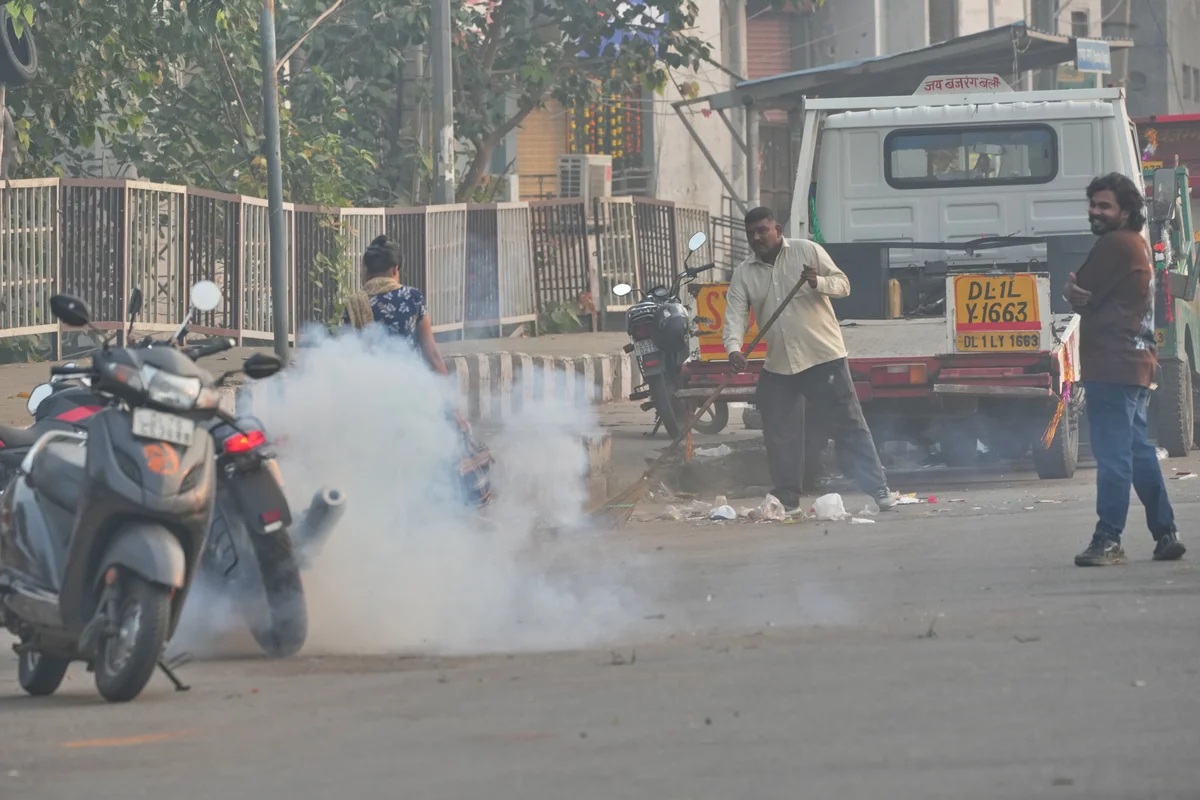Copyright scmp

Hong Kong’s anti-corruption watchdog has launched an immersive programme that lets residents and tourists experience first-hand how graft-busters work. The Independent Commission Against Corruption (ICAC) said its public engagement project, dubbed “Operation 303”, would open for public registration on Wednesday. During the three-hour activity, participants will be guided by ICAC officers to investigate a simulated corruption case involving a construction project. Participants will experience different stages of an ICAC investigation, including evidence gathering, arrest, facial recognition and interviews. “Through the interactive activities, we hope participants will gain a sense of how our investigators overcome challenges with persistence and professionalism,” ICAC chief community relations officer Jan Li Po-yi said. “They can also learn about corruption hazards.” Participants will be divided into groups during the activity and compete to complete each task in the shortest time possible. Highlights of the programme include “arresting” suspects portrayed by ICAC staff and searching a simulated office and home for evidence. Participants will also get to interrogate a “suspect” in a video interview room closely resembling those used in real investigations. Li said the script was adapted from real ICAC cases and would evolve based on participant feedback. The difficulty of the tasks will also be adjusted according to participants’ age groups. For the time being, the programme only accepts group registrations of at least 10 participants who must be aged between 15 and 50. Interested members of the public can register for the programme through the commission’s designated website. Both local and non-local groups are welcome. From November to January, 10 sessions will be open for registration, with each accommodating about 30 participants. Li said that the commission planned to operate the programme on a permanent basis and would announce additional sessions after assessing demand. Twenty-five students were invited to take part in the pilot run of the activity before its official launch. University of Hong Kong student Minhaz Mia, 23, recalled that his team made a premature “arrest” before the “suspects” carried out the “bribe transaction”. Mia said the “suspects” then became very cautious, making it difficult for his team to gather enough evidence. “We then realised our mistake and made a lot of efforts to take [one of the suspects] back to the ICAC,” he said. “Actually, this was a simplified version of an investigation, but it was still very challenging. We learned how demanding the daily work of the ICAC is.” Another student, Don Ko Hon-nam from the Chinese University of Hong Kong, described the activity as “exciting”. “In the ‘arrest’ operation, I was responsible for cautioning one of the ‘suspects’, and it was a challenging task. I felt a little nervous and ended up reading the cautioning words incorrectly,” the 21-year-old said. Ko, also a student ambassador for the ICAC, added that the immersive environment had given him a deeper understanding of the commission’s work. “My key takeaway is that I learned how difficult anti-corruption work can be, as evidence is often hidden in some unnoticeable corners. It requires investigators to search very carefully and patiently,” he said.



